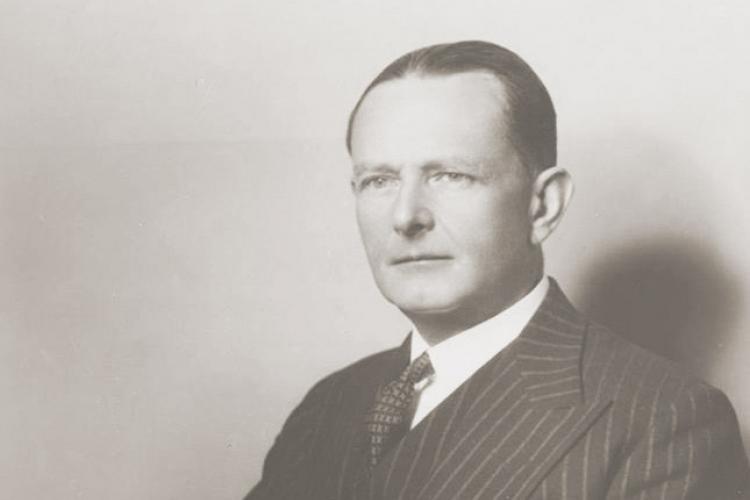Commentary
To anyone who is careful with words and meticulous about historical accuracy, “Polish death camp” is an inexcusable insult.

Commentary
To anyone who is careful with words and meticulous about historical accuracy, “Polish death camp” is an inexcusable insult.